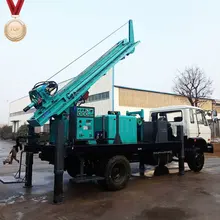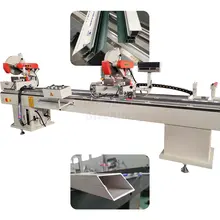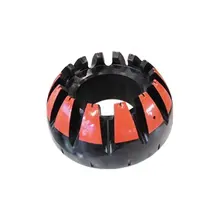Understanding Tunnel Kilns for Clay Brick Production
Tunnel kilns are pivotal in the production of clay bricks, offering a continuous firing solution that ensures consistent quality and efficiency. This category encompasses a variety of kiln designs tailored to meet the specific needs of brick manufacturers, focusing on energy consumption, production capacity, and the physical properties of the end product.
Types and Applications of Tunnel Kilns
The tunnel kiln for clay brick manufacturing process is diverse, with each type serving a unique purpose in the brick-making industry. These kilns vary in size, temperature ranges, and fuel types, making them suitable for a range of applications from small-scale operations to large industrial productions. The versatility of tunnel kilns allows for the creation of both standard building bricks and specialized products, such as refractory bricks, used in high-temperature environments.
Features and Materials of Tunnel Kilns
A tunnel kiln's design incorporates refractory materials capable of withstanding extreme temperatures, while its elongated structure facilitates the continuous firing process. The materials used in constructing these kilns are chosen for their thermal efficiency and durability, ensuring a long service life and consistent operation. Advanced insulation materials and heat recovery systems are also integral to modern tunnel kiln designs, contributing to energy efficiency and reduced operational costs.
Advantages of Using Tunnel Kilns
Utilizing a tunnel kiln for clay brick production brings several advantages, including a stable firing environment, which leads to uniform brick quality. The continuous nature of the process allows for high-volume output, meeting the demands of large-scale construction projects. Additionally, the controlled atmosphere within the kiln can be adjusted to optimize the firing cycle for different types of clay, enhancing the physical properties of the bricks.
Choosing the Right Tunnel Kiln
Selecting the appropriate tunnel kiln involves considering the specific requirements of the clay brick to be produced. Factors such as the desired production rate, energy efficiency, and the physical characteristics of the clay used are crucial in determining the most suitable kiln model. It is essential to review the specifications of each kiln to ensure it aligns with the production goals and resource availability.
Integrating Tunnel Kilns into Brick Making Systems
Incorporating a tunnel kiln into a brick making system can significantly enhance the overall efficiency of brick production. By aligning the kiln's capabilities with other brick making machinery, such as molding presses and cutting devices, manufacturers can create a seamless production line. This integration not only optimizes the manufacturing process but also ensures a consistent supply of bricks for various construction needs.





























 浙公网安备 33010002000092号
浙公网安备 33010002000092号 浙B2-20120091-4
浙B2-20120091-4